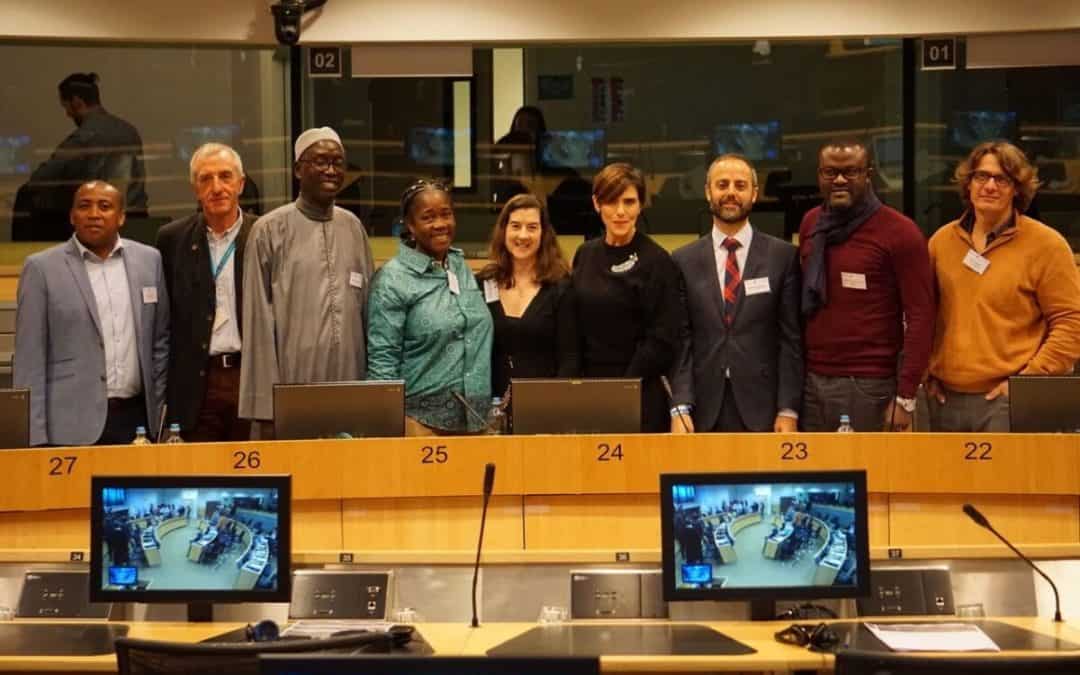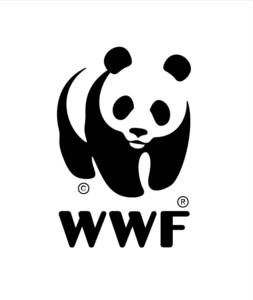On 15 November 2019, WWF, BirdLife Europe and CFFA organised a high-level panel discussion dedicated to Sustainable Fisheries Partnership Agreements (SFPAs), the EU’s fishing agreements with non-EU countries. Hosted by the European Economic and Social Committee, key stakeholders from artisanal fisheries, the European Institutions , environmental NGOs, and research institutes from across Africa were in attendance, including The Gambia, Senegal, Mauritania, Guinea Bissau, Madagascar, Ivory Coast, Cape Verde and The Seychelles.
Two WWF reports launched on the same day as the event and guided the panel discussion. WWF research shows that SFPAs do not always contribute to sustainable fishing, as lack of accountability and transparency around EU fishing activities outside EU waters is contributing to overfishing and endangering local food supply. This, in turn, clouds the sustainability of the seafood products sold and consumed in the EU.
In Central and West Africa alone, around 400 million people rely on marine fisheries for their food security and livelihoods; globally, West Africa is the area most vulnerable to illegal fishing activities with an estimated one in four fish caught illegally in its waters. The EU’s extensive fishing activities in these regions mean that how it operates and manages its practices have an immense impact on ocean health.
The panel discussion was launched by a presentation from WWF’s Head of EU Marine Policy, Dr Samantha Burgess, who reminded all participants that sustainability equals profitability, with sustainably managed fisheries capable of generating an additional USD $38 billion in revenue worldwide every year.
The other panellists were:
- Yves Somville (EESC), who delivered the opening and closing remarks
- Gaoussou Gueye (President, African Union Regional Platform of Non-State Actors active in fisheries and aquaculture in West Africa)
- Barthélémy J. Auguste Batieno (Regional Partnership for Coastal and Marine Conservation in West Africa)
- Dresy Lovasoa (WWF Madagascar)
- Micheline Dion Somplehi (African Confederation of Artisanal Fishing Organisations)
- Alexandre Rodriguez (Executive Secretary, EU Long Distance Fisheries Advisory Council)
- Dr Yann Tremblay (Marine biodiversity, exploitation and conservation, Institut de Recherche pour le développement)
Many countries, including those across Africa and in the Indian Ocean, will be severely impacted by climate change, with some facing the loss of up to half of their fisheries productivity. But the benefits of sustainable fisheries are not limited to supporting the health of ocean biodiversity, but also support other areas including poverty alleviation, ending hunger and malnutrition, and gender equality. The EU is currently well positioned to drive global sustainable fisheries and support achievement of these goals, in line with the UN Sustainable Development Goals.
To move towards sustainability, resilience and institutional growth, the EU must work to promote transparency in its existing practices. By highlighting specific areas for improvement through changes to EU policy and SFPA negotiations, WWF calls for the EU’s external fleet to become more sustainable, in line with the SDGs.
















